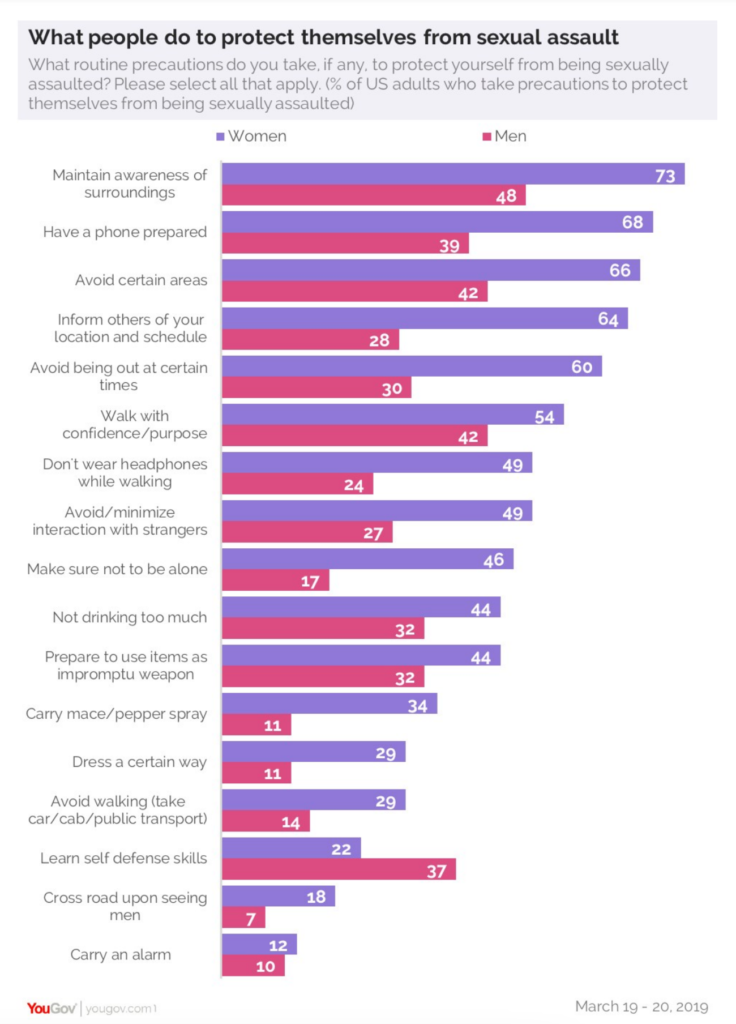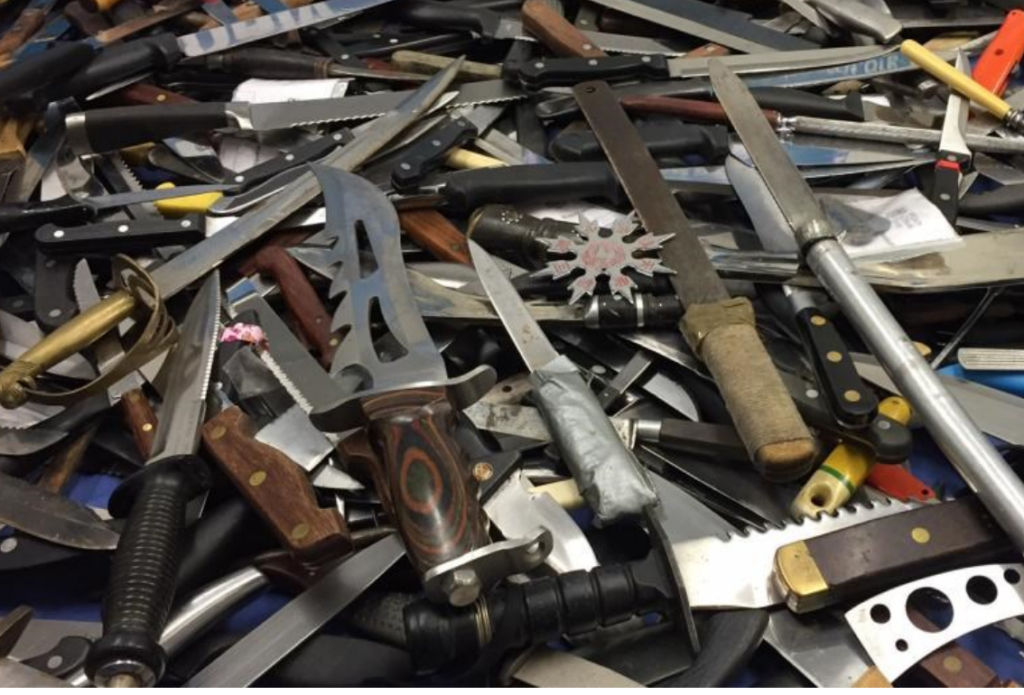Our Programs
So Social Media (Year 5/6)
This workshop explores how digital technology has changed the way people communicate and the relationship young people have with social media and why phones/tablets are so integral to young people’s lives. The session considers the students use of social media in a more in depth way, using critical thinking and consideration in their online decision-making.
We highlight the concept of exposing others online and how offline activity that could be coercive or even criminal can be linked to the threat of being exposed. Sensitive issues relating to social media, grooming, cyber bullying, gaming and inappropriate images are examined and young people are made aware of the law surrounding these issues and are empowered to report abuse if they encou

Friend v Friendly (Year 6)
This interactive workshop teaches refusal skills and builds awareness of negative peer pressure. Emphasis is placed on the differences between being “friends” and being “friendly”. We look at how certain “friends”, especially those in negative peer groups like gangs, are nothing of the sort and will only attract trouble. We demonstrate how older peers groom and coerce young people.
This dynamic session highlights what gangs are about and how they exploit young people and put them and their families at risk. We examine why gangs are not conventional friendship groups and challenge the “no snitching culture” empowering students to reject this. We address students’ anxiety about moving up to secondary school, and provide practical advice about staying safe, avoiding bullying and resources for seeking help if needed.

Gangs: Myths & Realities (Year 7+)
Building upon the foundation set in Friends vs. Friendly, students explore in detail the difference between gangs and friendship groups.

Weapons: Choices & Consequences (Year 7+)
The message is simple: carrying a knife offers neither protection nor respect. Through real life case studies, we explore why young people carry weapons/illegal items. Students examine how violence is advertised through drill music videos on social media platforms and the impact Joint Enterprise and define what constitutes a weapon. The session explores the legal, physical and psychological consequences of knife crime at the individual, family, and community level bringing the experiences and messages of Surgeons, Police, victims’ families and offenders’ using specially commissioned film material.

So Social Media (Year 8/9)
This workshop explores how digital technology has changed the way people communicate and the relationship young people have with social media and why Smart phones/tablets are so integral to young people’s lives.
Online privacy is challenging, over sharing information about yourself with the wrong people can lead to issues. We highlight the concept of exposing others online and how offline activity that could be coercive or even criminal can be linked to the threat of being exposed.

Attitude Adjustments (Year 10)
The separate workshops for boys and girls explore sensitive and emotive issues regarding sexual violence and child exploitation. Rape culture, sexual violence, supporting victims/survivors and misogynistic attitudes/behaviours are discussed.
Students analyse case studies of sexual violence and its implications. Realistic consent scenarios illustrate risky situations in which boys and girls may find themselves and demonstrate what is required for true consent. At GAV we believe in having these difficult and uncomfortable conversations so that we can start to bring about change, by challenging outdated ideas and destructive and abusive behaviours.

Knife Crime (FE/College Students)
Discussions will raise awareness about the causation and effects of the growing knife crime epidemic and how they can take positive steps to avoid the circumstances, which contribute towards knife violence and know where to seek help if needed.
This session makes it clear that a wide range of people are affected by knife crime and how it devastates the lives of young people. Knife crime also hurts people who are not always immediately considered. Students should also consider the roles of social, print and digital media in occurrences of serious youth violence. Students will hear a real-life testimony of a gang member speaking candidly about the perils of the lifestyle and the horror of being stabbed.

Protective Professionals Session
This is specifically for professionals working with children and young people. We explore issues relating to social media, sexting, online grooming, gangs, serious youth violence and conversations relating to sex and sexuality.
This can be delivered as a whole or split into separate workshops – Child Sexual Exploitation (CSE), Social Media, Protection, Gangs and Serious Youth Violence

Protective Parents Session
This 90 minute workshop is specifically for parents and carers of children and young people.
We will be exploring issues relating to social media, sexting, online grooming, gangs, serious youth violence and conversations relating to sex and sexuality.
The session celebrates the fact that the vast majority of young people lead positive lives, but also promotes active parental engagement, boundary setting, and the importance of collaboration and communication between families, schools, and communities to end gang and serious youth violence.
Discussions will raise awareness about the causation and effects of the growing knife crime epidemic and how they can take positive steps to avoid the circumstances, which contribute towards knife violence and know where to seek help if needed.
This session makes it clear that a wide range of people are affected by knife crime and how it devastates the lives of young people. Knife crime also hurts people who are not always immediately considered. Students should also consider the roles of social, print and digital media in occurrences of serious youth violence. Students will hear a real-life testimony of a gang member speaking candidly about the perils of the lifestyle and the horror of being stabbed.

Quality Communities
Everyone begins to form ideas at a very young age about influencing their belief systems. We are all able to learn, grow and develop, just because you strongly believe something now doesn’t mean that you necessarily will always feel the same way.
Growth, adaptation and deeper understandings are a key part of growing up. At GAV we believe in inclusion and celebrating difference in a constructive and supportive way.

